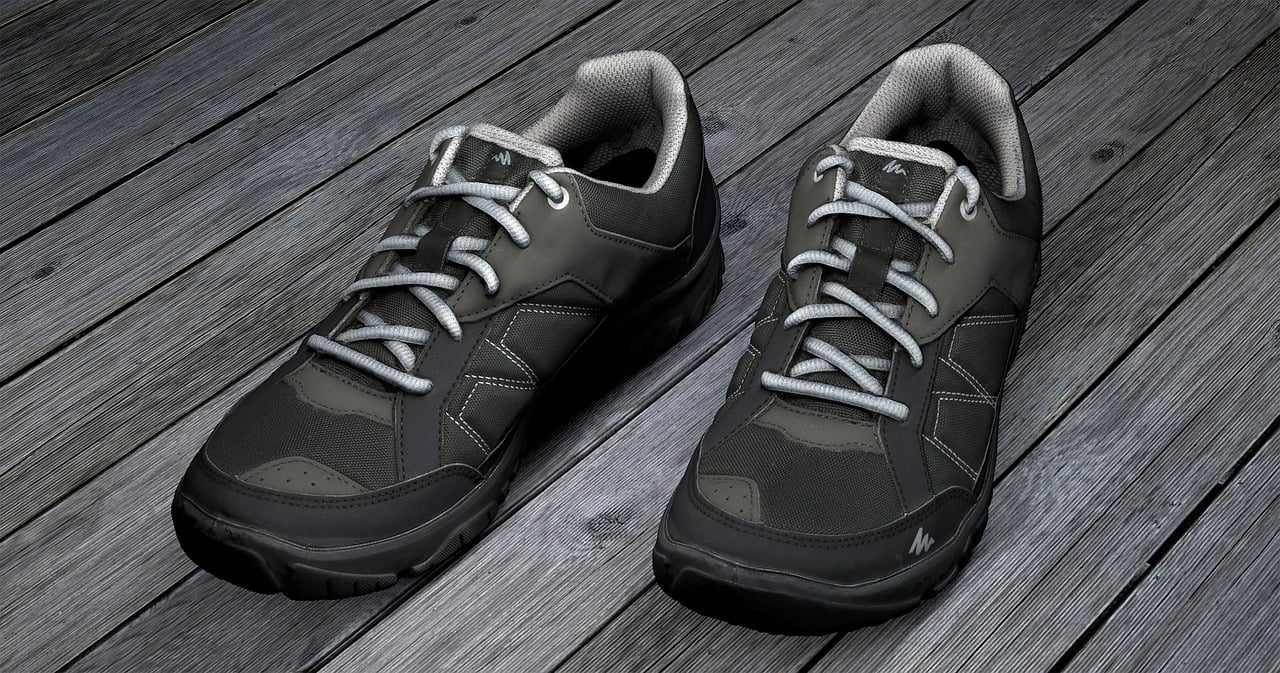In today’s consumer-driven world, the decisions we make as shoppers go far beyond selecting products that fulfill our desires for comfort, style, or luxury. They also reflect our values, convictions, and the kind of world we want to leave for future generations.
Among these considerations, one topic stands out for its widespread impact: the source of materials used in the production of our goods. A prime example is the sneaker industry, particularly the use of leather in crafting high-quality footwear. This article will delve into the importance of ethically sourced leather in sneaker production, shedding light on how these choices can influence environmental sustainability, animal welfare, and human rights.
To begin, we need to understand what we mean by “ethically sourced” leather sneakers. This refers to leather derived from animals raised under humane conditions, with respect for their welfare, and processed in environmentally responsible ways. It also means leather that is sourced in a manner respectful of the rights and welfare of the people involved in its production.
Environmental Sustainability
Leather is a natural material that has been used by humans for millennia – it’s prized for its durability, resilience, and versatility. However, conventional methods of leather production can be environmentally destructive. They often involve harmful chemicals in the tanning process and generate a significant amount of waste.
On the other hand, ethically sourced leather production methods strive to reduce environmental harm. This can include the use of vegetable tanning processes, which replace harmful chemicals with natural tannins derived from tree bark. Moreover, ethical sourcing ensures the responsible management of waste products, thereby reducing the negative environmental impact.
Animal Welfare
Ethically sourced leather prioritises the welfare of the animals involved. This includes ensuring animals are raised under humane conditions, without unnecessary suffering, and are slaughtered humanely. Notably, ethically sourced leather is often a byproduct of the meat industry, meaning the animals are not killed solely for their hide, reducing the demand for animal products.
Human Rights
The production of leather can sometimes involve exploitative labour practices, including child labour and unsafe working conditions. Ethically sourced leather, however, seeks to eliminate these problems by prioritising the fair treatment and payment of workers. This not only uplifts the individuals involved in its production but also contributes to the sustainable development of communities involved in the leather industry.
The sneaker industry has an essential role to play in promoting the use of ethically sourced leather. Companies can contribute by sourcing their leather responsibly and consumers can help by making informed choices about the products they purchase.
To conclude, our choices matter, and by choosing ethically sourced leather, we are voting for a more sustainable, humane, and just world. It may seem like a small step, but each conscious decision takes us closer to a future where all production is fair, sustainable, and respectful of life and dignity. The sneaker industry, in using ethically sourced leather, can lead this change by setting an example for other industries to follow.

